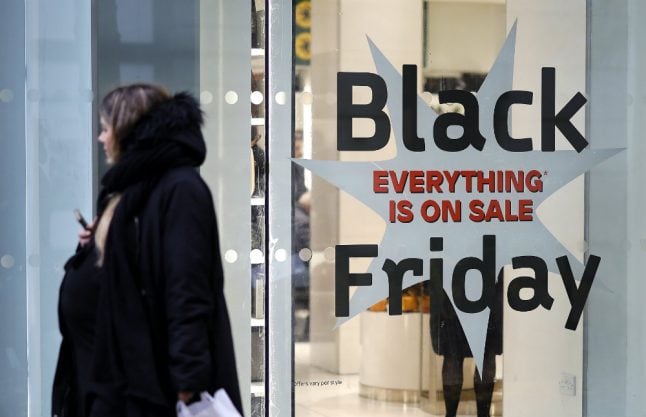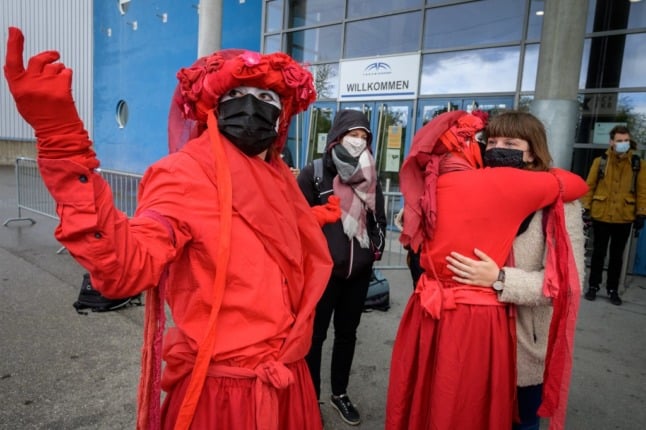Last year, 36 percent of people in Norway us shopped on Black Friday, with online shopping preferred to physical stores.
In a recent survey carried out by the National Institute for Consumer Research (SIFO), thousands of Norwegians outlined their purchasing patterns on Black Friday last year.
Clothes were the most commonly-purchased consumer good, while sports and leisure equipment, computers and personal care items were also popular.
“Our findings indicate that the purchases are largely planned and that people buy things that they would have bought anyway, such as Christmas presents,” SIFO researcher Arne Dulsrud told newspaper VG.
The survey found around a third of the purchases on Black Friday 2018 were intended as Christmas presents.
That undermines the image of the Black Friday shopper as impulsive, according to the researcher.
“But we are not saying that (Black Friday) does not contribute to over-shopping or pressure on consumers to buy things,” he told VG.
“With regard to clothes and electronics such as televisions, I think Black Friday can increase the rate of replacement and thus increase the impact on the environment, he added.
Anja Bakken Riise, leader of environmental NGO Framtiden i våre hender (Future in Our Hands), said Black Friday was a challenge for environmentally-conscious consumers.
“Our consumption of clothes, shoes, electronics and plastic items has consequences for both people and the environment when things are produced, used and discarded. So we have to do something about our consumption,” Riise told VG via a written statement.
Although agreeing it makes sense to buy needed items when they are on sale, the NGO leader encouraged careful consideration.
“It’s a good idea to think about it several times. Do you, or does the person you are buying it for, really need it?”, she said.
Black Friday has established itself as one of the shopping biggest days of the year in Norway, with trade on the day in 2018 totalling 3.7 billion from Norwegian online and physical stores.
That could increase to 3.8 billion kroner this year, according to an estimate from the Enterprise Federation of Norway (Virke), VG writes.
The SIFO survey also found that educational background and economic status were not a major factor on whether someone might shop on Black Friday in Norway. But households with children do shop more than others.
Very few people over 67 years shopped on Black Friday, the activity being significantly more popular with those in their 20s and 30s, more than half of whom spent splashed their cash.
Of those who shopped on Black Friday last year, 46 percent did so in an online store, 32 percent in shopping centres or malls and three percent at outlets.
Average spending per person was 1,835 kroner.
READ ALSO: How Halloween became a 'culturally-adapted' Norwegian autumn ritual



 Please whitelist us to continue reading.
Please whitelist us to continue reading.
Member comments